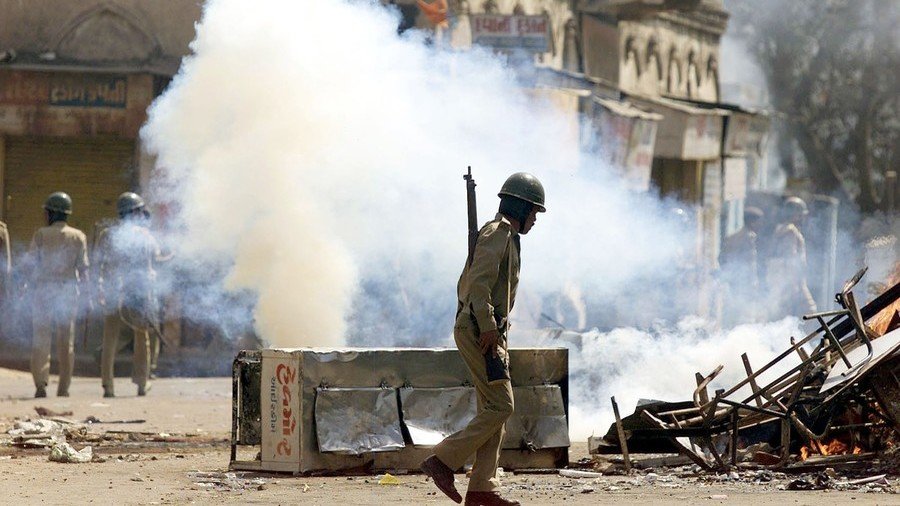Threat from outsiders identified as major cause of religious violence by AI study

Scientists are using artificial intelligence to mimic the conditions of religious war and according to the latest study, yep, hearing something that goes against your beliefs can make your blood boil.
Religious tensions have ignited some of the most horrific events in human history. From the Crusades through to the Israel-Palestine conflict. Around the world, hate fuelled violence is still regularly carried out under the auspices of people’s belief systems. Real-life conflict is very nuanced, but that hasn’t stopped the scientific community from blending rules of human cognitive interaction in an AI machine.
Researchers are attempting to explore what causes people to turn against their peers when it comes to gods and deities. Published in the Journal for Artificial Societies and Social Stimulation, the new research used a “psychologically realistic” AI model to explore whether people are predisposed to violence.
Building AI agents that apparently “mimic” human thinking, the researchers pitted sets of artificial bots – some with positive ideas of religions, others with negative – against one another in a simulated society where anxieties could be ramped up by environmental threats.
Through a complex AI system – taking in conditions from historical events like The Troubles in Northern Ireland and the 2002 Gujarat riots in India – the study found that people are generally peaceful. However, when people’s belief systems are questioned, anxiety led to violence in 20 percent of 20,000 scenarios created.
Kashmir: Fed-up youths & political point-scoring keep 70-year war alive
According to the study, the perceived threat from outsiders was a major cause of this simulated violence.
“Ultimately, to use AI to study religion or culture, we have to look at modelling human psychology because our psychology is the foundation for religion and culture, so the root causes of things like religious violence rest in how our minds process the information that our world presents it,”Justin Lane, a co-author of the study, said.
The Oxford doctoral student added that in the context of humanity’s entire history, people getting at one another’s throats because of religion is not actually as common as it might seem.
“Religious violence is not our default behaviour – in fact it is pretty rare in our history,” he said. It’s hoped that further study of religious conflict can help people understand the root cause and prevent it from taking hold in the future.
If you like this story, share it with a friend!














